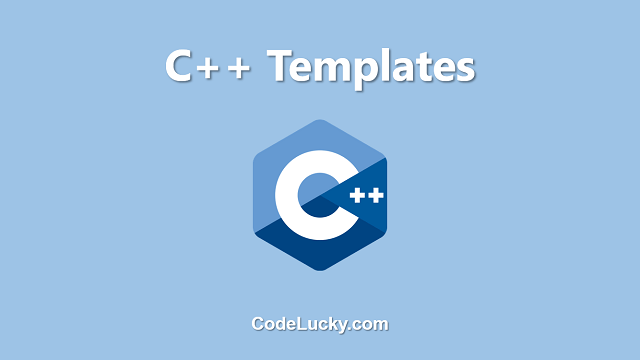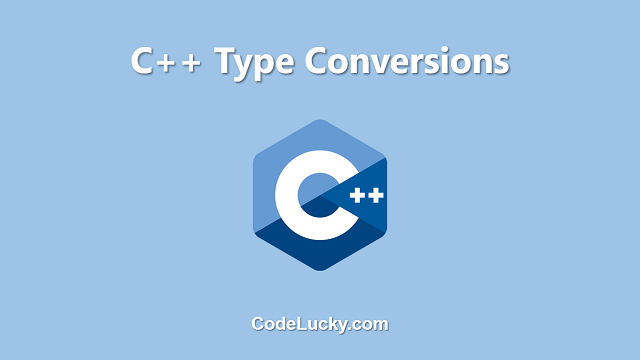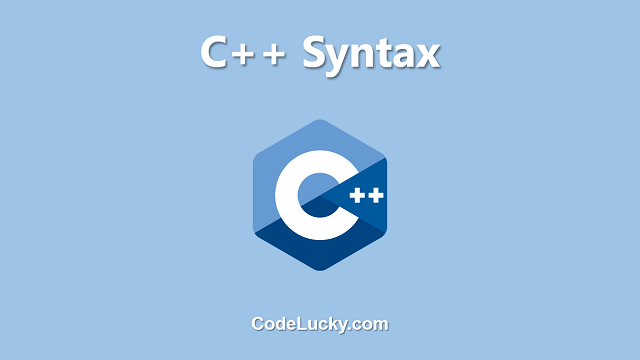C++ templates are a powerful feature of the C++ programming language that allows for the creation of generic functions and classes. These templates enable the creation of code that can work with multiple data types, without the need for explicit type casting or overloading functions. In this article, we will take a detailed look at C++ templates and how they can be used in software development.
What are C++ Templates?
C++ templates are a feature of the C++ programming language that enables the creation of generic functions and classes. These templates can work with any data type, without the need for explicit type casting or overloading functions. This allows for the creation of highly reusable and efficient code.
For example, consider a simple C++ function for swapping the values of two variables:
void swap(int &a, int &b) {
int temp = a;
a = b;
b = temp;
}
This function only works with integers. To make it work with other data types like float, and double, we need to create another function with the same name swap but for different data types.
However, using C++ templates, we can create a single function that can work with any data type:
template
void swap(T &a, T &b) {
T temp = a;
a = b;
b = temp;
}
In this example, the keyword “template” is used to declare that this is a template function, and the angle brackets <> indicate that the function works with a generic data type. The keyword “typename” or “class” can be used to declare the generic data type. In this example, we use “typename” T. The function can now be used to swap the values of any type of variable, whether it’s an integer, a float, or a custom data type.
Creating a Template Class
Creating a template class is similar to creating a template function. The template keyword is used, followed by angle brackets <> that contain the generic data type. For example:
template
class MyClass {
public:
T data;
MyClass(T data) : data(data) {}
};
In this example, we have created a template class called MyClass that can work with any data type. The class contains a single member variable “data” of the generic type T, and a constructor that initializes the data member. The class can be instantiated for any data type as follows:
MyClass myInt(10);
MyClass myFloat(3.14);
MyClass myString("Hello World");
Template Specialization
C++ templates also support template specialization, which allows for the creation of specific implementations of a template for certain data types. This can be useful for optimizing code for specific data types or for providing specific functionality for certain data types.
For example, consider the following template class for a stack data structure:
template
class Stack {
public:
void push(T value) { /* push value onto stack */ }
T pop() { /* pop value from stack */ }
};
This class can work with any data type, but if we want to provide specific functionality for a data type of string, we can create a specialized template for that data type:
template <>
class Stack {
public:
void push(string value) { /* push value onto stack */ }
string pop() { /* pop value from stack */ }
void reverse() { /* reverse all strings in stack */ }
};
In this example, we have created a specialized template for the class Stack, with the keyword template followed by empty angle brackets <>. This indicates that this is a specialized template for the Stack class, and that it only applies to the data type of string. The specialized template contains an additional member function “reverse” that can only be called on instances of the Stack class that are instantiated with the data type of string.
Conclusion
C++ templates are a powerful feature of the C++ programming language that allows for the creation of generic functions and classes. These templates enable the creation of code that can work with multiple data types, without the need for explicit type casting or overloading functions. With the ability to create specialized templates for specific data types, C++ templates offer a great deal of flexibility and control over the behavior of code. Understanding and making use of C++ templates can greatly improve the efficiency and reusability of code in software development.







